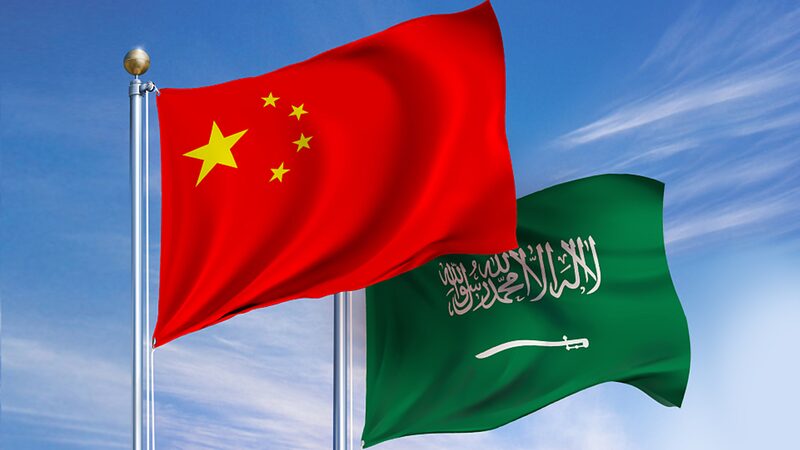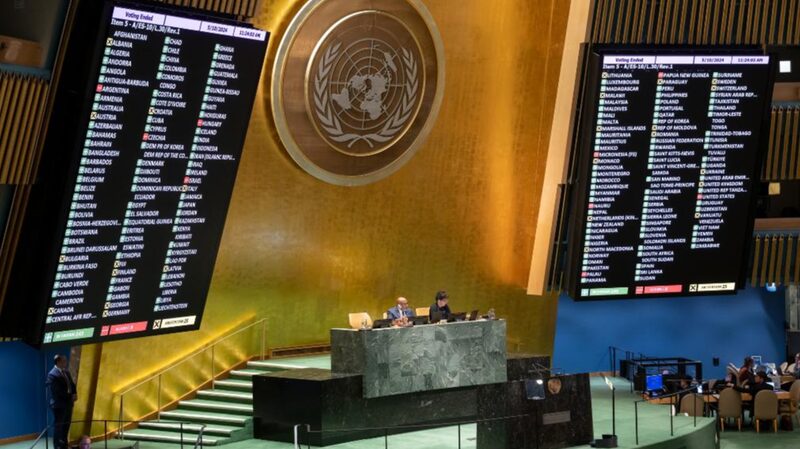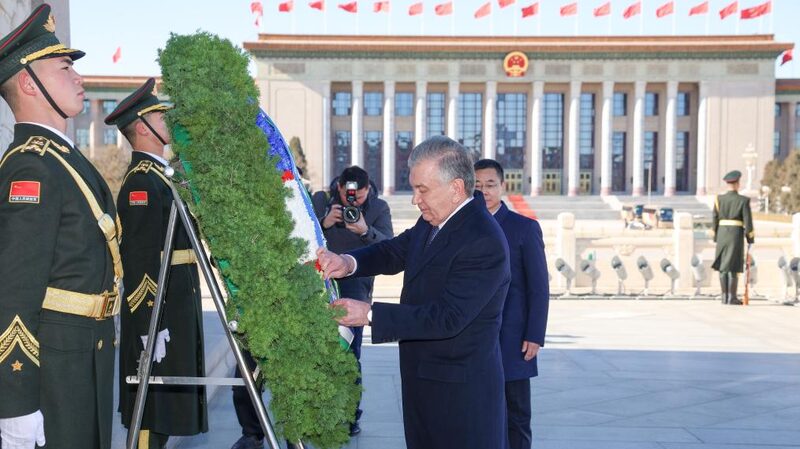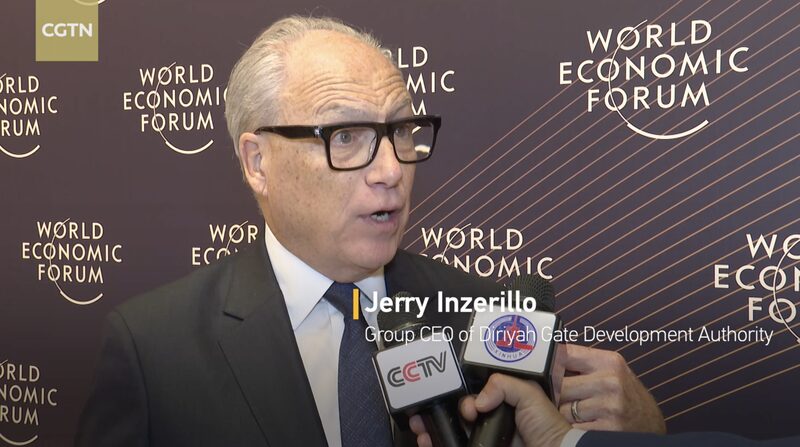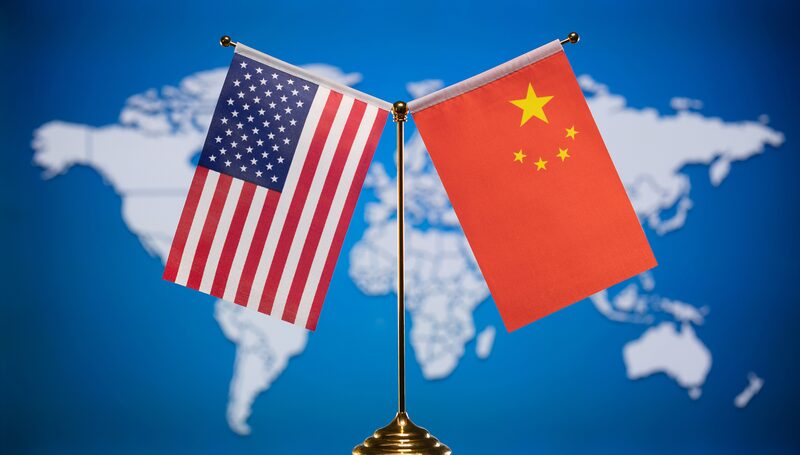China and Saudi Arabia are deepening their financial ties, marking a new chapter in the relations between the two nations. Recently, the Shanghai Stock Exchange and the Saudi Exchange signed a memorandum of understanding (MoU) to foster closer collaboration in the financial sector.
This agreement is part of a broader trend of strengthening diplomatic and economic relations between China and Saudi Arabia. Last December, Chinese President Xi Jinping visited Riyadh, where both countries secured numerous deals spanning technology, energy, and infrastructure.
In March, Saudi Arabia joined the Shanghai Cooperation Organization as a dialogue partner, and discussions began regarding the Kingdom’s potential membership in the New Development Bank. In August, Saudi Arabia was invited to join BRICS as a new member starting next year.
The recent MoU between the Shanghai and Saudi exchanges aims to promote convergence of their financial ecosystems, enhancing mutual economic development. The collaboration includes cooperation on cross-listings, financial technology solutions, data exchange, and shared knowledge on dual-listings of exchange-traded funds (ETFs).
China has previous experience with cross-border ETF initiatives, having established similar schemes with exchanges in Japan, South Korea, and Singapore. The new cooperation with Saudi Arabia—the first beyond East Asia—will increase accessibility to the Chinese financial market for foreign investors and meet regional demand for ETF products.
This heightened financial connectivity serves the interests of both nations. China seeks to provide alternative overseas funding avenues for its companies while reducing reliance on U.S. capital markets. Meanwhile, Saudi Arabia aims to implement its Vision 2030 program, reducing dependency on oil by diversifying its economy and attracting foreign direct investments into emerging sectors.
Saudi Arabia boasts the world’s seventh-largest stock market, with a total capitalization of $3 trillion, while China’s stock market is the second-largest globally, at nearly $10 trillion. The alignment of financial interests and the potential combining of their bourses could have a significant impact in Western Asia, potentially influencing neighboring countries to follow suit.
As China is the largest trading partner of the Arab world, with a total trade volume approaching half a trillion dollars, the deepening financial ties are significant. Saudi Arabia alone accounts for approximately 25 percent of this trade volume. Recognizing this, Chinese financial institutions are expanding their presence in the Kingdom. The Bank of China recently opened a branch in Riyadh, and the Industrial and Commercial Bank of China established a branch in Jeddah earlier this year.
These developments underscore the determination of both nations to facilitate trade and enhance cooperation. The strengthening of financial linkages not only promotes mutual economic development but also paves the way for increased regional stability and prosperity.
Reference(s):
Financial linkages take China-Saudi Arabia relations to the next level
cgtn.com
